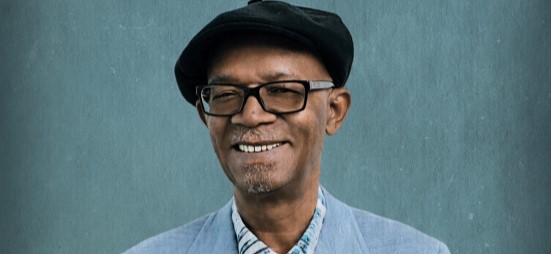Beres Hammond: Forever Giving Thanks
No upcoming concerts for beres-hammondOther Upcoming Shows
A Bronx Tale: The One Man Show Starring Chazz Palminteri
Fri Jul 18th -
8:00PM
SEAT TYPE: Fully seated
PRICE:
$55 - $95
The LOL Podcast Presents Laugh Out Loud World Tour
Sun Jul 20th -
3:30PM
SEAT TYPE: Fully seated
PRICE:
$51 - $201
Andrew Dice Clay: Live in Concert
Sat Jul 26th -
7:00PM
SEAT TYPE: Fully seated
PRICE:
$49 - $89
Hidden Brain: “Perceptions” Tour with Shankar Vedantam
Sat Aug 2nd -
7:00PM
SEAT TYPE: Fully seated
PRICE:
$49 - $69
Trey Kennedy – The Relatable Tour
Sat Aug 9th -
7:00PM
SEAT TYPE: Fully seated
PRICE:
$39 - $125
Toad the Wet Sprocket 2025 Good Intentions Tour with KT Tunstall & Sixpence None the Richer
Sat Aug 16th -
7:00PM
SEAT TYPE: Fully seated
PRICE:
$70 - $127
GenX Takeover Comedy Tour
Fri Aug 22nd -
7:30PM
SEAT TYPE: Fully seated
PRICE:
$39 - $59
An Evening with Justice Ketanji Brown Jackson
Thu Sep 11th -
7:30PM
SEAT TYPE: Fully seated
PRICE:
$25.50 - $45.60
Choir! Choir! Choir! Presents: We Will Choir! You
Fri Sep 19th -
8:00PM
SEAT TYPE: Fully seated
PRICE:
$35 - $42
Celtic Thunder – An Intimate Evening With
Sat Sep 20th -
8:00PM
SEAT TYPE: Fully seated
PRICE:
$49 - $99
Mary Chapin Carpenter / Brandy Clark
Thu Sep 25th -
7:00PM
SEAT TYPE: Fully seated
PRICE:
$54 - $125
CANCELLED – Symphonic Rock Illuminated
This show is cancelled. Tickets will be refunded automatically.
Fri Sep 26th -
8:00PM
SEAT TYPE: Fully seated
PRICE:
$44.50 - $89.50
Floyd Nation: Wish We Were There Tour
Thu Oct 2nd -
8:00PM
SEAT TYPE: Fully seated
PRICE:
$40 - $65
An Evening with Violent Femmes
Thu Oct 9th -
8:00PM
SEAT TYPE: Fully seated
PRICE:
$60 - $125
Chris Distefano
Fri Oct 10th -
7:30PM
SEAT TYPE: Fully seated
PRICE:
$49 - $99
An Evening with Patty Griffin + Rickie Lee Jones
Sat Oct 18th -
8:00PM
SEAT TYPE: Fully seated
PRICE:
$45 - $75
Ángela Aguilar: Libre Corazón Tour
Sat Oct 25th -
8:00PM
SEAT TYPE: Fully seated
PRICE:
$54.50 - $154.50
Colin Hay
Thu Nov 6th -
8:00PM
SEAT TYPE: Fully seated
PRICE:
$55 - $95
Hannah Berner: None Of My Business Tour
Fri Nov 7th -
7:30PM
Fri Nov 7th -
10:00 PM
SEAT TYPE: Fully seated
ILIZA! LIVE
Fri Nov 14th -
7:30PM
Sat Nov 15th -
7:00PM
SEAT TYPE: Fully seated
PRICE:
$49.75 - $99.75
Boz Scaggs Rhythm Review 2025
Sun Nov 16th -
7:00PM
SEAT TYPE: Fully seated
PRICE:
$75 - $125
Ninja Kidz Live: Infinite Possibilities
Tue Nov 18th -
7:30PM
SEAT TYPE: Fully seated
PRICE:
$39 - $69
Ben Schwartz & Friends
Fri Nov 21st -
7:30PM
SEAT TYPE: Fully seated
PRICE:
$49.50 - $99.50
Frankie Valli & the Four Seasons: The Last Encores
Sat Nov 22nd -
7:00PM
SEAT TYPE: Fully seated
PRICE:
$59 - $150
Bob Marley Comedian
Fri Dec 26th -
8:00PM
SEAT TYPE: Fully seated
PRICE:
$46.50
Michelle Buteau: The Surviving and Thriving Tour
Sat Apr 11th -
7:30PM
SEAT TYPE: Fully seated
PRICE:
$35 - $125


